The city’s latest evolution stretches from the clouds to private islands, unveiling record-breaking hotels, Michelin-starred newcomers, and experiences that redefine what it means to be a modern metropolis. This is Dubai 2025: bolder, sleeker, and more attuned to the global traveller who expects substance to match spectacle. Whether you’re staying, dining, or simply doing Dubai, here’s what’s next in the city that never stops levelling up.
Stay: Vertical Dreams and Private Hideaways
Luxury hospitality in Dubai has never been subtle, but its latest arrivals prove that grandeur can coexist with restraint. Leading the charge is Ciel Dubai Marina, opening this November as the world’s tallest hotel at 365 metres. With more than 1,000 rooms, Dubai’s highest infinity pool and a 360-degree observation deck, it’s an address designed for guests who collect views as avidly as experiences. As part of IHG’s Vignette Collection, Ciel brings its own take on vertical living tha is elevated, immersive, and unapologetically ambitious.
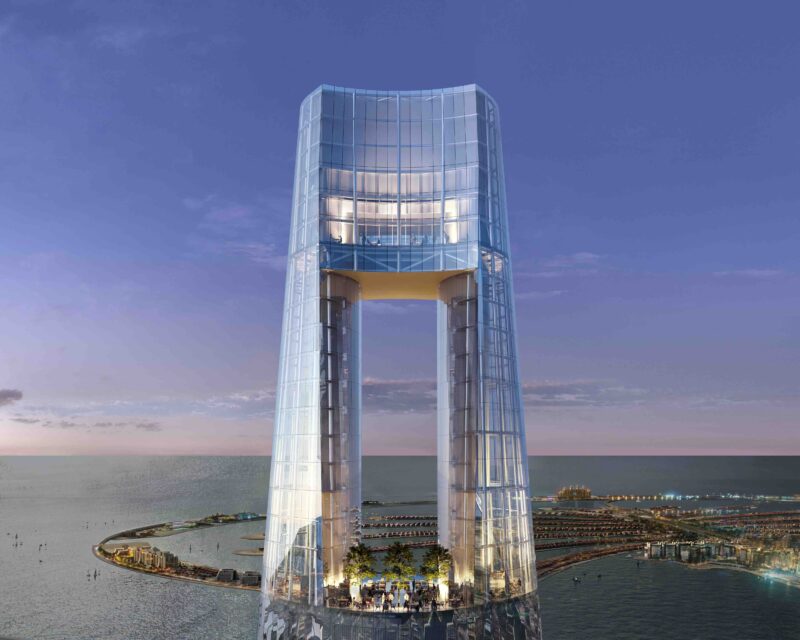
A few kilometres inland, Mandarin Oriental expands its footprint with a second Dubai property, this time within the sculptural Wasl Tower on Sheikh Zayed Road. At 302 metres, it’s crowned by the region’s tallest ceramic façade, a feat of design as much as engineering. Inside are 259 rooms and suites, 224 residences, a rooftop helipad and a two-floor spa that feels more sanctuary than an amenity.
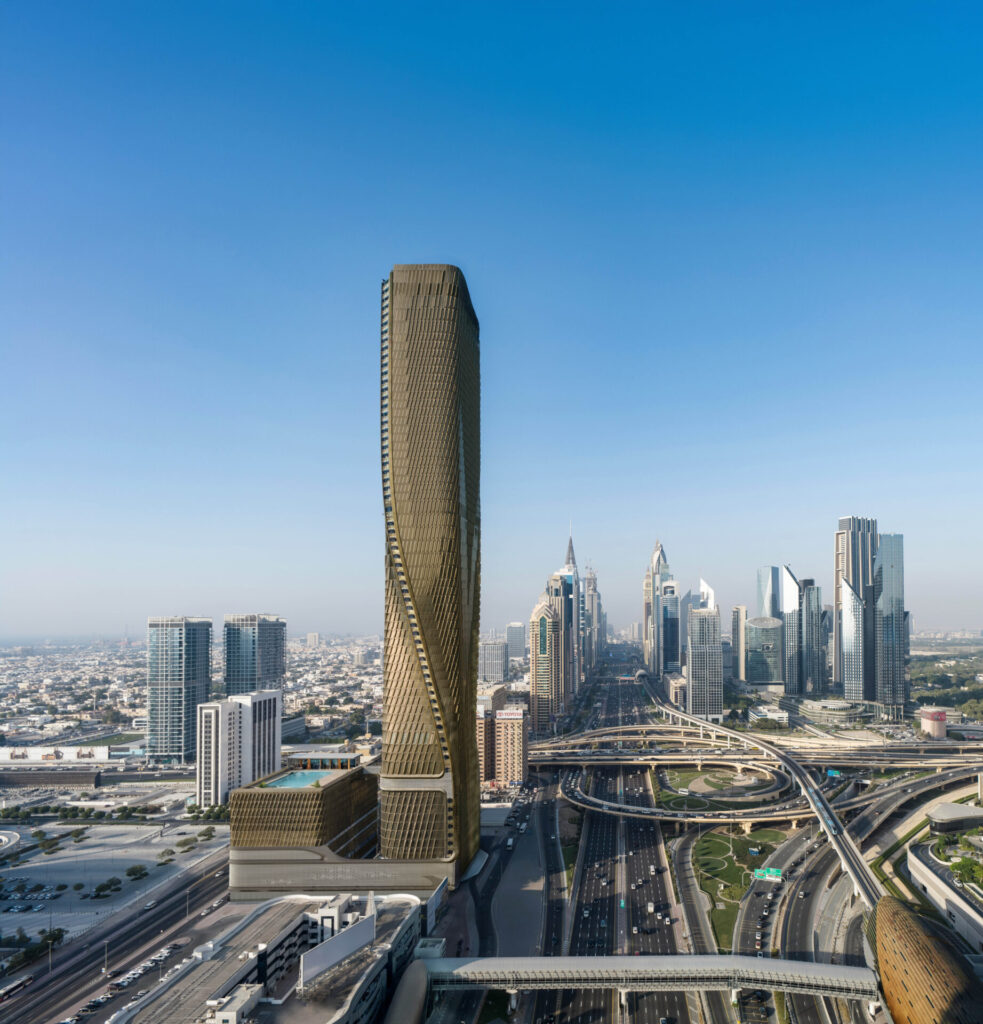
On Palm Jumeirah’s quieter West Crescent, Six Senses is preparing a softer kind of luxury. Opening in 2026, the resort will feature just 61 rooms and 162 branded residences set along a private beach. A signature spa, social club, and multiple dining venues keep wellness at its core, while the intimate scale ensures exclusivity remains part of the promise.
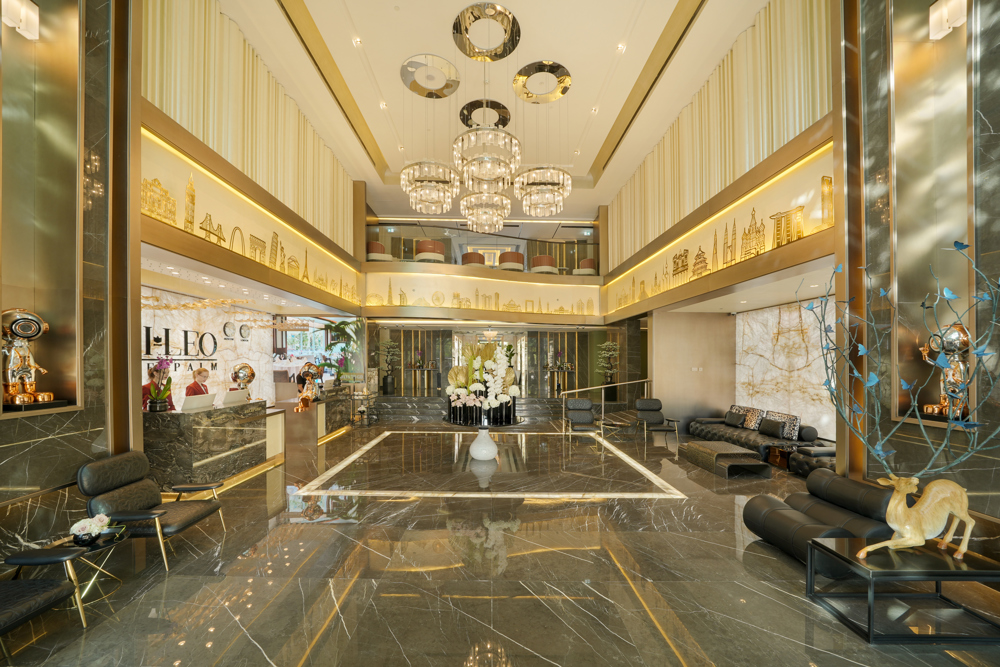
The theme of secluded sophistication continues inland at Meliá Desert Palm, where six new Al Waha villas reinterpret the concept of a desert oasis. Hidden among polo fields just twenty minutes from Downtown Dubai, each villa features private pools, courtyard gardens, and aromatherapy amenities, creating a serene contrast to the city’s high-rise pulse.
For those who prefer their privacy with sea breeze, ZUHHA Island by Zaya, opening in December 2025, offers 100 villas set within The World Islands archipelago. Accessible only by boat, it’s less resort and more private chapter in Dubai’s growing story of modern escapism.
Dine: From Michelin to Machine Learning
If Dubai’s skyline defines its ambition, its dining scene defines its appetite. The city’s culinary landscape continues to evolve with global imports, local innovation, and a dash of technological curiosity.
At Al Wasl 51, the Orfali brothers expand their celebrated brand with Three Bros, a 22-seat restaurant that trades formality for flavour. Dishes arrive as ready rather than in courses, creating a relaxed, grazing approach that keeps Michelin-level precision without the ceremony. Meanwhile, chef Grégoire Berger, formerly of Ossiano, channels the sea’s bounty into Kraken, a modern seafood concept rooted in Dubai’s coastal heritage and shaped by his French technical mastery.
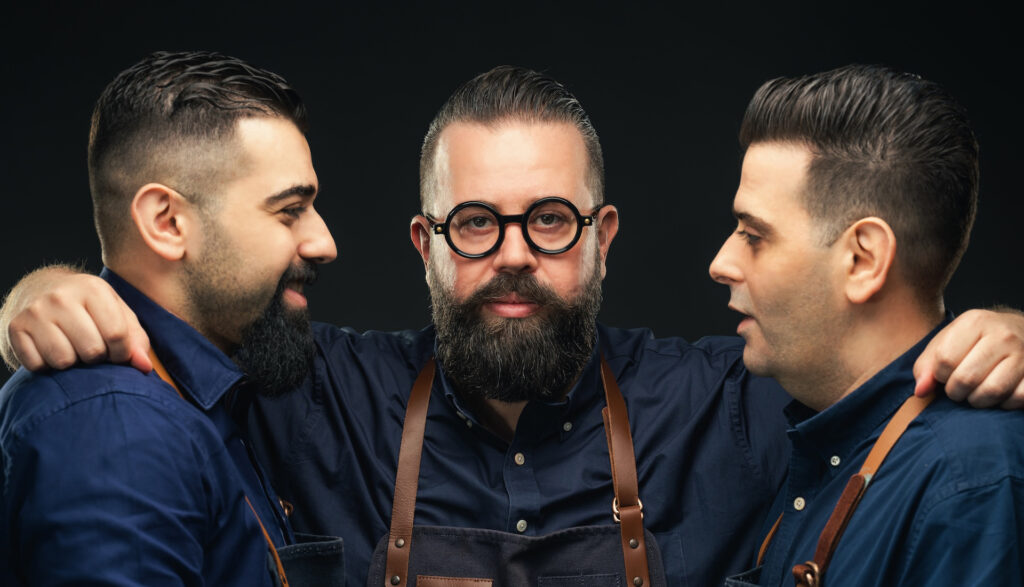
Across the water at Atlantis The Royal, CARBONE brings its unmistakable New York swagger—tuxedo-clad captains, red-sauce classics, and a dining room buzzing with golden-age glamour. On the rooftop of Ciel Dubai Marina, Tattu makes its international debut, combining modern Chinese cuisine with Marina views that seem to stretch into another atmosphere. Nobu Matsuhisa, meanwhile, adds a third Dubai location at One Za’abeel, expanding his local empire while reaffirming Dubai’s magnetism for the world’s top culinary names.
Then comes the experiment everyone’s talking about: Woohoo, Dubai’s first AI-themed restaurant, housed within Kempinski The Boulevard. Here, an algorithm named “Chef Aiman” analyses ingredients by texture, acidity and umami before suggesting pairings that human chefs refine to perfection.
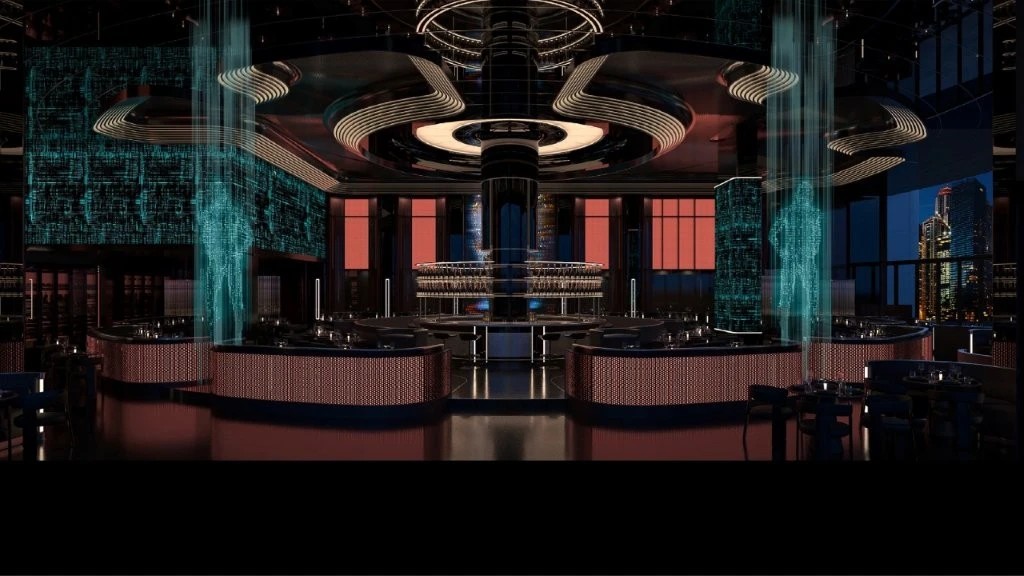
Not all innovation relies on silicon and servers. Within the Etihad Museum, chef Sahar Parham, Al Awadhi’s Abra Restaurant reinvents Emirati classics through a contemporary lens, preserving heritage while introducing it to a new generation. And at 25 Jump Street, Dubai’s first licensed street at One Central, a dozen venues, from Em Sherif Deli to Yubi Handroll Bar, transform the area into a pedestrianised playground of global flavours. The format encourages diners to wander, tasting their way through a curated microcosm of Dubai’s culinary diversity.
Over at Alserkal Avenue, The Growhouse combines sustainability with style through an indoor farm whose harvest feeds the downstairs café. The farm-to-table process unfolds in real time, a living example of Dubai’s increasingly conscious approach to luxury dining.
Experience: Culture, Icons and Desert Cool
In true Dubai fashion, the entertainment calendar is as ambitious as the skyline. Casablanca Beach Club, a collaboration between Atlantis, The Palm and Ounass, pairs designer daybeds with seafood towers and a luxury retail pop-up.
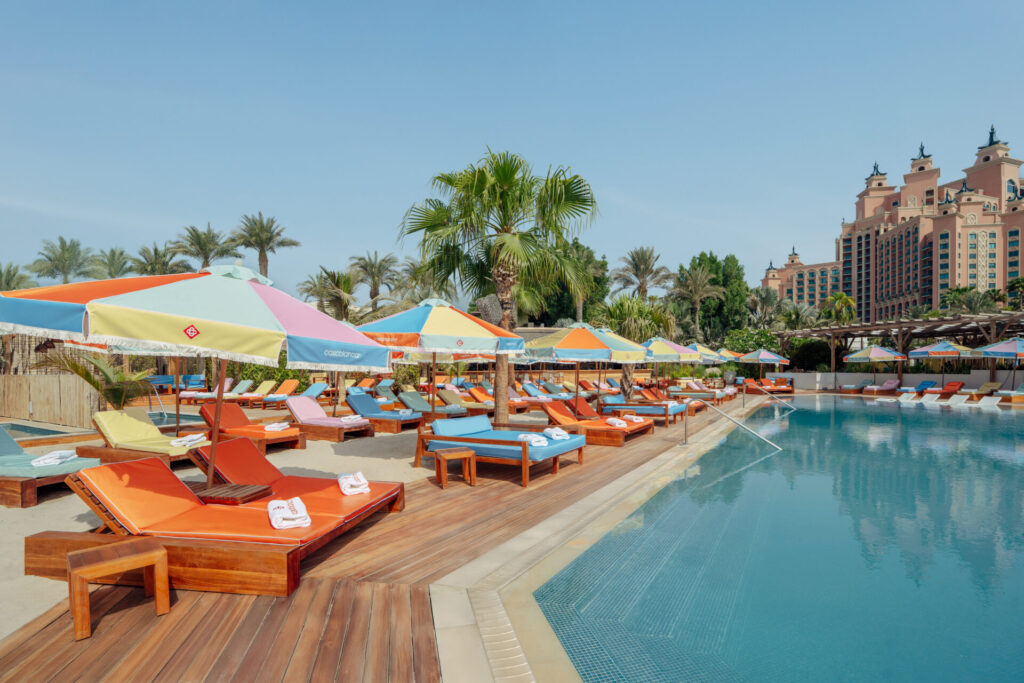
At Dubai Festival City Mall, The Messi Experience runs until December, guiding visitors through nine interactive zones that chart the football legend’s rise from Rosario to World Cup glory. It’s part museum, part theme park, and entirely Messi.
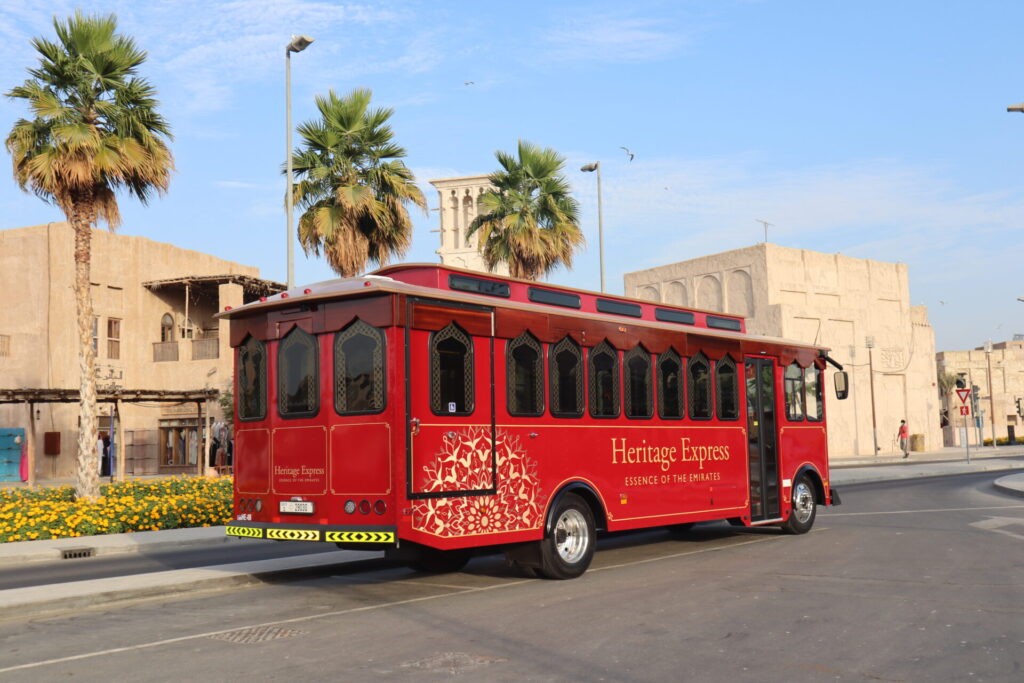
For a more reflective pace, Heritage Express trolley tours depart from Al Fahidi Historical Neighbourhood, guided by Emirati cultural presenters who bring the city’s history to life through personal storytelling. The experience concludes with a traditional Emirati meal served within SMCCU’s wind-tower house, a fitting reminder that Dubai’s future is best appreciated through an understanding of its past.
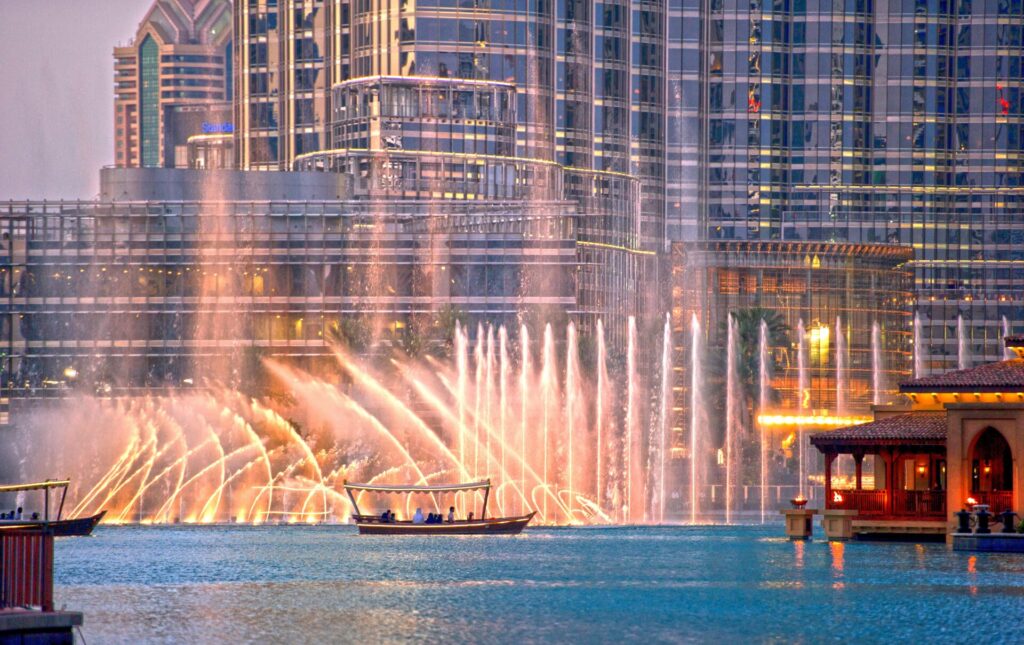
And because no visit is complete without a little spectacle, the Dubai Fountain makes its grand return this October following a five-month upgrade. Enhanced lighting and synchronised choreography breathe new life into the city’s most iconic water show.



